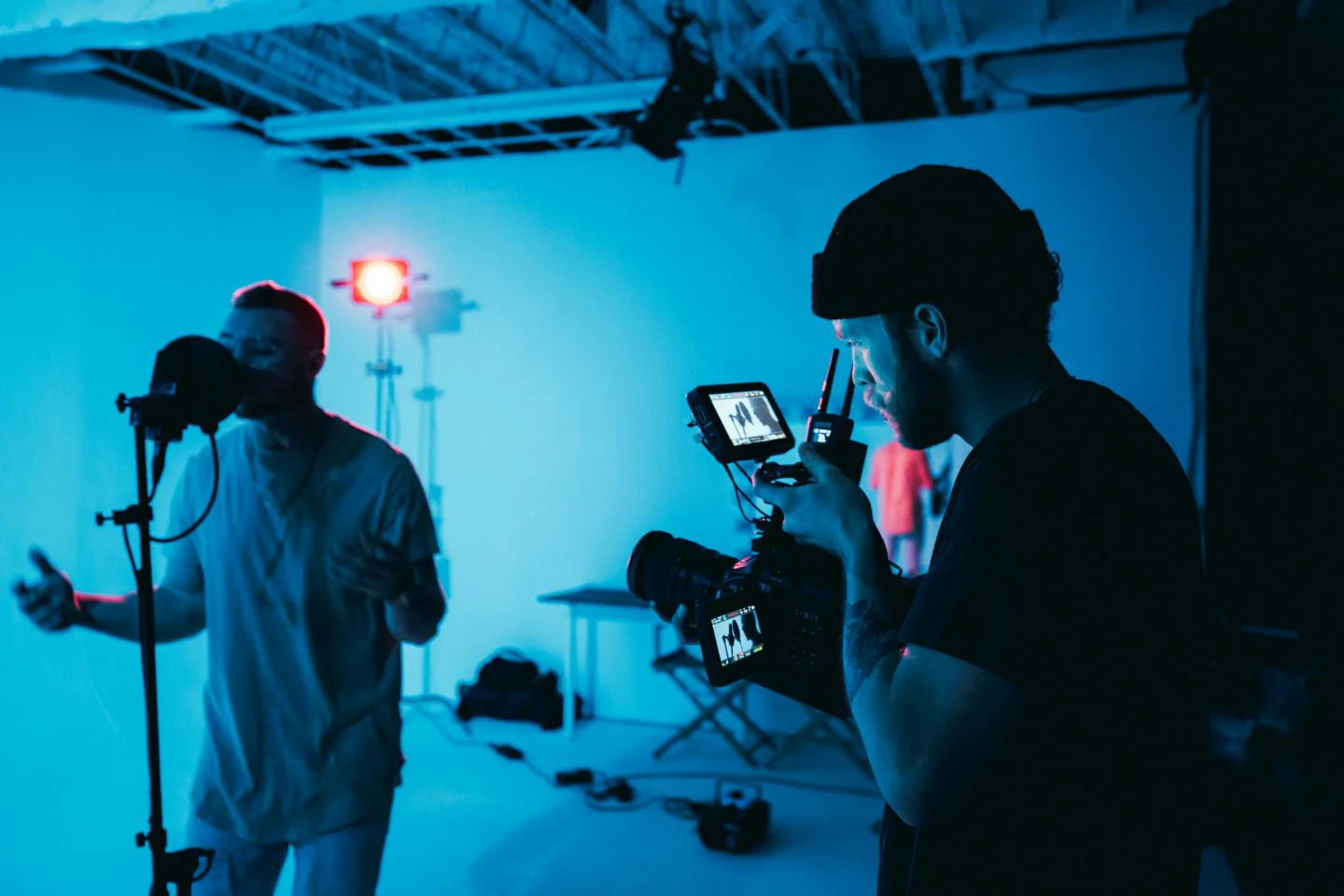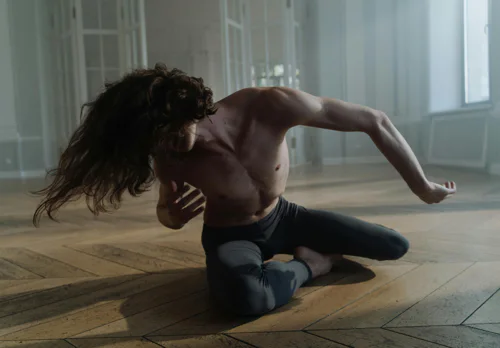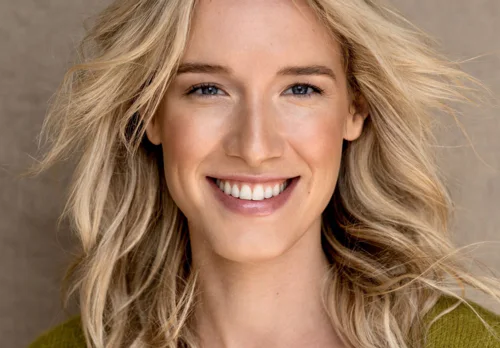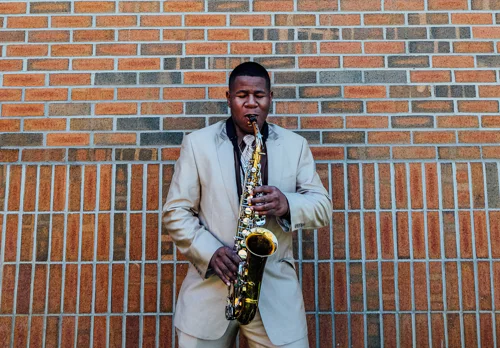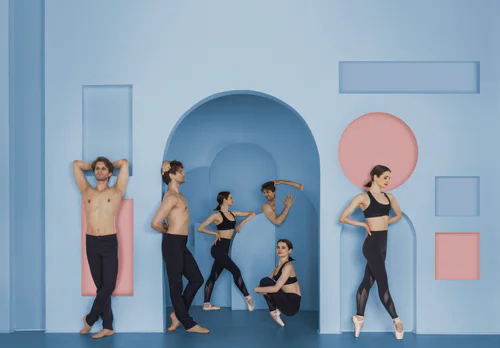What qualities should a prospective crew member have?
The requirements for crew members depend primarily on the chosen profession. Professional skills are one thing, personality and social skills are another. There is some overlap in the latter two, which are required in almost all professions. These include an interest in theater, film, television and other creative formats as well as aesthetics and artistic forms of expression. In most cases, technical talent is also required. In order to fit in well with a crew, it is definitely an advantage if you are communicative and adaptable, as well as having excellent teamwork skills.
Many artists are idiosyncratic, so sensitivity and empathy can be very helpful when dealing with them. In addition, newcomers should have no problem with unusual working hours (weekends, public holidays or evenings/nights) and be able to react flexibly to any changes in schedule. Physical and mental resilience are also important, as all hell breaks loose before premieres, for example, and a lot has to be done, which is reflected in overtime.
What vocational training is required?
The most common training path for most crew jobs is a three-year apprenticeship within a dual system. This means that trainees alternate between learning in a company and at a vocational college. At the company, you learn the practical side of the respective job profile and carry out specific tasks. At the vocational college, on the other hand, you deal with the theory and acquire background knowledge. As proof of their training, apprentices must keep a report book in which they document all their activities. This is regularly checked by the training supervisor. Training is considered complete when intermediate and final examinations have been passed.
The requirements for being accepted as an apprentice vary depending on the profession. For example, prospective event technicians are required to have a good understanding of technology and an enthusiasm for electronics. Make-up artists, on the other hand, should have good grades in art and a strong understanding of design as well as a sense of aesthetics. Apprentice carpenters are also expected to have good manual skills and, above all, a willingness to learn, as they will be constantly confronted with new materials and designs in the future. As a rule, however, a secondary school leaving certificate or (technical) high school diploma is sufficient for an application in almost all areas.
There are professions that can also be learned in the form of a full-time course of study or a dual course of study. The profession of cameraman, for example, is one of these. This training alternative takes up to three years. However, if you study full-time, you should bear in mind that you will not earn a salary during the training period, unlike with a dual course of study or an apprenticeship.
How do I convince people in the application process for a first job?
In order to be able to hire you as a qualified candidate with a clear conscience, your training grades and significant practical experience are the most important factors in your written application. We therefore recommend that you find out about the activities and tasks of a job profile in advance so that you can learn and carry them out in internships or part-time jobs, for example. If your particular career field is already your hobby, it is of course an absolute advantage, as you will automatically bring a lot of knowledge with you.
If you have found a job that you really want to apply for, the first thing you should do is read the job advertisement and filter for information such as qualifications, area of responsibility and requirements. You should go into more detail about these in your CV and letter of motivation. This gives employers the impression that you have really looked into the job. However, your skills are often the most important factor. Make-up artists, for example, are sometimes expected to have a portfolio with pictures of their artwork. You should take care of this early on and document your work.
